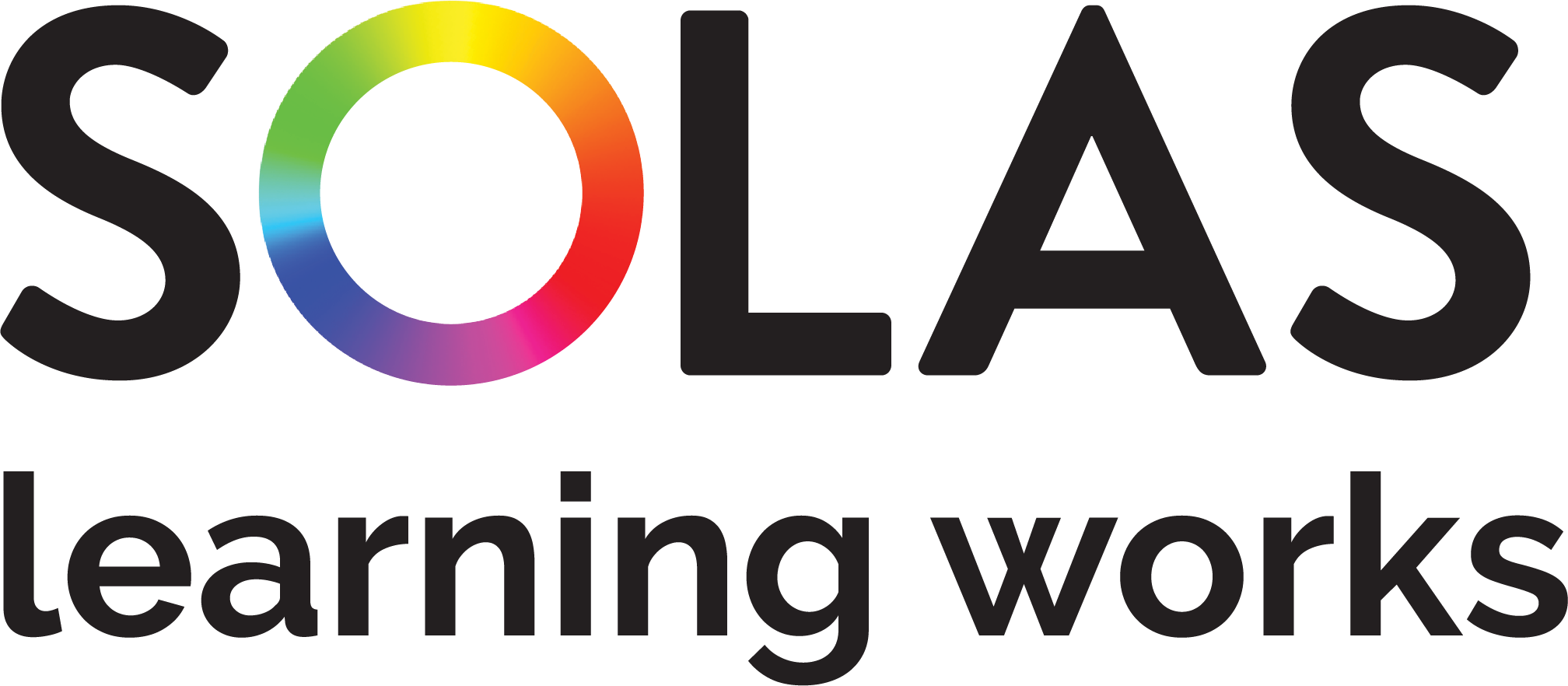• Communications
• Computer Illustrated Graphics
• Intercultural Studies
• Media Analysis
• Political Studies
• Radio Programme Production
• Research and Study Skills
• Social Studies
• Work Experience
• Applied Economics
• Community Organisation Management
• Conflict Management
• Debating and Public Speaking
• Government, Social, Public Administration
• Media Ethics and Legal Framework
• Research and Reporting for Digital Media
• Social Media for Digital Marketing
• Social Policy Practice
• Digital Media in Info. Society
• Dissertation Research and Preparation
• European and International Affairs
• Foundation in Photography
• Media and the Natural World
• Narratives of Race, Exclusion and Identity
• Political Marketing
• Power and Popular Culture
• Social Media and Society
Electives
• Audio Foundations
• Equality Diversity and Inclusion
• Foundation in Moving Image
• Semester Away – Semester 2
• Students working with Industry
• Volunteering and Community based Leadership
• Work Placement
• Advanced Online Journalism
• Advocacy and Public Affairs
• Ethics and Political Process
• Identity and Branding Design
• New Media and the Public Sphere
• Screening Politics
• Statistical, Scientific and Data Journalism
Electives
• Dissertation or Media Major Project
• Digital Identities or Equality, Diversity and Inclusion
Course requirements
The minimum entry requirements for this programme are:
• Leaving Certificate with five subjects at grade O6/H7
or
• Leaving Certificate with four subjects at grade O6 plus LCVP with distinction
or
• Leaving Certificate Applied with distinction
or
• Hold QQI Level 4 award with a minimum of a grade of distinction
Other qualifications
Applicants may also present, A-Levels or other EU qualifications for equivalency. Qualifications from countries other than Ireland or the UK should be accompanied with a comparability statement from the National Academic Recognition Information Centre (NARIC).
Mature Applicants
Applications from mature students aged 23 or over on January 1 of the year of application are welcome, and may be called to interview to outline their holistic life and career experience, interest in and aptitude for the field of study, and recognition of prior learning (see below).
All applicants whose first language is not English and who have not been educated through the medium of English must demonstrate CEFR proficiency at B2 for access. An Irish Leaving Certificate qualification achieved through English meets this requirement. Applicants who have full Level 5 or 6 QQI award obtained in Ireland will not be required to provide evidence of English language proficiency.
Applicants will be interviewed by City of Dublin FET College Rathmines, Central Campus. They are not expected to show expertise in political, societal or media practices but should display an interest in, and aptitude for, the disciplines.
Progression
This Tertiary degree is a comprehensive four-year programme. The programme is designed to support academic success despite challenges that may arise.
If a student has to leave the programme before completing the final year, tertiary degrees include embedded exit awards. Embedded awards formally recognise learning achieved during time in the programme. For this degree, they are:
• Exiting after successfully completing Year 1: QQI Level 5 Certificate (5M3114, General Studies).
• Exiting after successfully completing Year 2: Level 6 Higher Certificate in Politics, Society and Media awarded by TU Dublin.
• Exiting after successfully completing Year 3: Level 7 Bachelor of Arts in Politics, Society and Media awarded by TU Dublin.
• Awarded after successfully completing Year 4: Level 8 Bachelor of Arts (Honours) in Politics, Society and Media, awarded by TU Dublin.
Graduates of the programme may wish to apply for master’s degrees in the School of Media, TU Dublin, including the MA in Public Affairs and Political Communication, the MA in Journalism and the MA in Public Relations, or master’s degrees in other institutions. They may also wish to apply for research master’s (MPhil) or PhD study.
Graduates of this programme will be equipped for communication, policy and advocacy, and administrative careers in politics, public administration, civic society and the media.

Extra Curricular Activities
Students will engage in hands-on research that addresses real issues, benefiting from opportunities to apply their knowledge in work placements in first and third year that will connect them with policymakers, media professionals and community organisations, among others.







